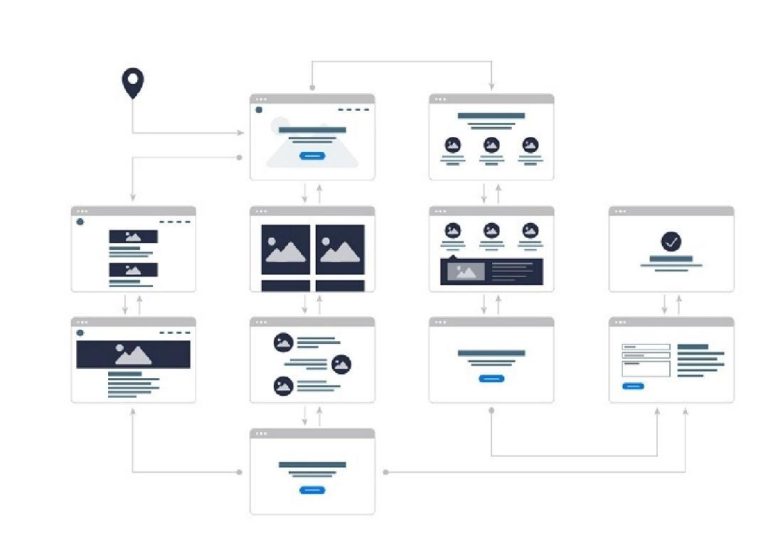
The New CEO Playbook: AI Pressures & Global Tariff Shocks
In today’s fast-paced and ever-evolving global economy, CEOs are facing unprecedented challenges. The rapid rise of artificial intelligence (AI) is reshaping industries, while global tariff shocks are disrupting trade. As a result, business leaders must rethink their strategy and operations to stay ahead of the curve.
In this blog post, we’ll explore the new CEO playbook and provide insights on how to navigate these challenges. We’ll also discuss the importance of localizing, adapting, and rethinking long-held business models in the face of uncertainty.
The Rise of AI
AI is revolutionizing the way businesses operate, from customer service to supply chain management. According to a recent report by McKinsey, AI has the potential to increase labor productivity by up to 40%. However, this rapid adoption also presents significant challenges for CEOs.
Internal pressures to automate and innovate are mounting, as companies struggle to remain competitive in an increasingly digital landscape. CEOs must balance the need to invest in AI with the need to protect their workforce and maintain a human touch in customer interactions.
Tariff Shocks
Global tariff shocks are another major challenge facing CEOs. The ongoing trade war between the United States and China has led to a surge in tariffs, making it increasingly difficult for companies to navigate global supply chains.
As tariffs continue to rise, CEOs must reassess their global supply chain strategies and consider alternative sourcing options. This may involve diversifying their supplier base, investing in local manufacturing, or exploring new markets.
The Importance of Localization
In the face of uncertainty, localization is becoming a key strategy for CEOs. By focusing on local markets and supply chains, companies can reduce their reliance on global trade and mitigate the impact of tariff shocks.
Localization also presents opportunities for companies to innovate and differentiate themselves from competitors. By understanding the unique needs and preferences of local consumers, companies can develop tailored products and services that drive growth and profitability.
Adapting to Change
CEOs must be prepared to adapt quickly to changing circumstances. This involves staying informed about emerging trends and technologies, such as AI and blockchain, and being willing to pivot strategy as needed.
Adaptability is particularly important in the face of tariff shocks, where sudden changes in trade policies can have a significant impact on business operations. CEOs must be able to respond quickly to these changes and adjust their strategy accordingly.
Rethinking Business Models
The rise of AI and tariff shocks is forcing CEOs to rethink their long-held business models. This may involve exploring new revenue streams, such as data analytics and subscription-based services, or developing new business models that are more agile and adaptable.
For example, companies may consider adopting a “servitization” approach, where they offer services and solutions rather than traditional products. This can help companies to differentiate themselves from competitors and build more sustainable and profitable businesses.
Conclusion
The new CEO playbook is about adapting to uncertainty and staying ahead of the curve. In an era of AI pressures and global tariff shocks, CEOs must be prepared to rethink their strategy and operations at a moment’s notice.
By focusing on localization, adapting to change, and rethinking their business models, CEOs can navigate these challenges and build more sustainable and profitable businesses. As the global economy continues to evolve, one thing is certain – CEOs who are able to adapt and innovate will be the ones who thrive.
Watch the video for more insights on how CEOs are navigating these challenges:






